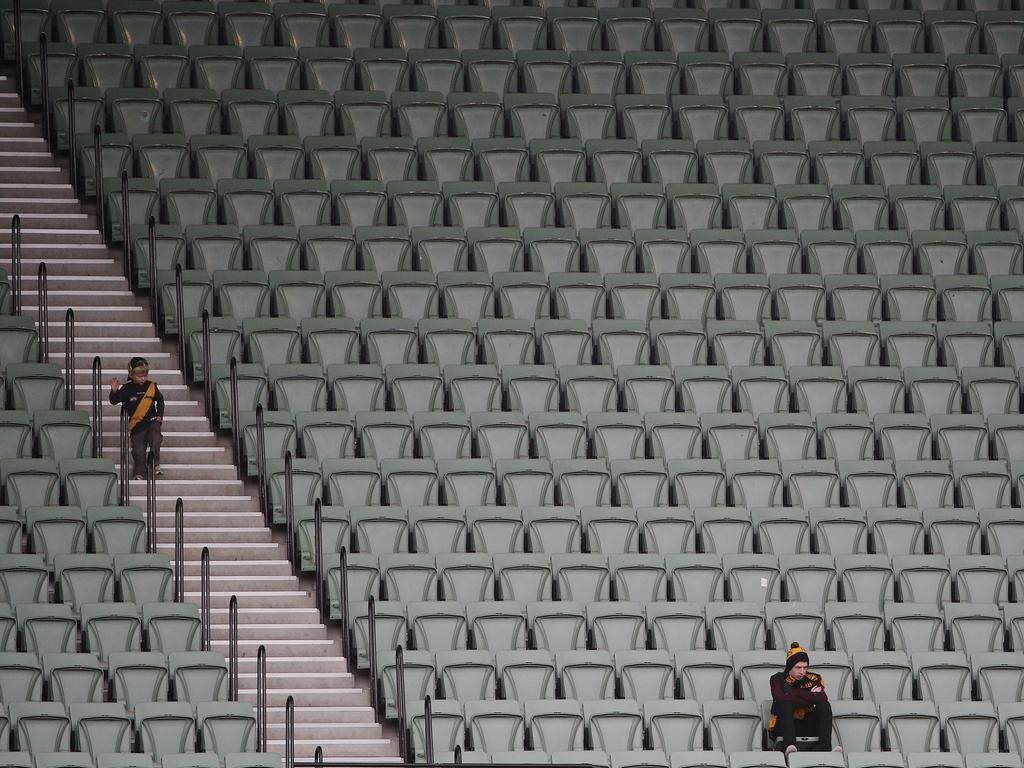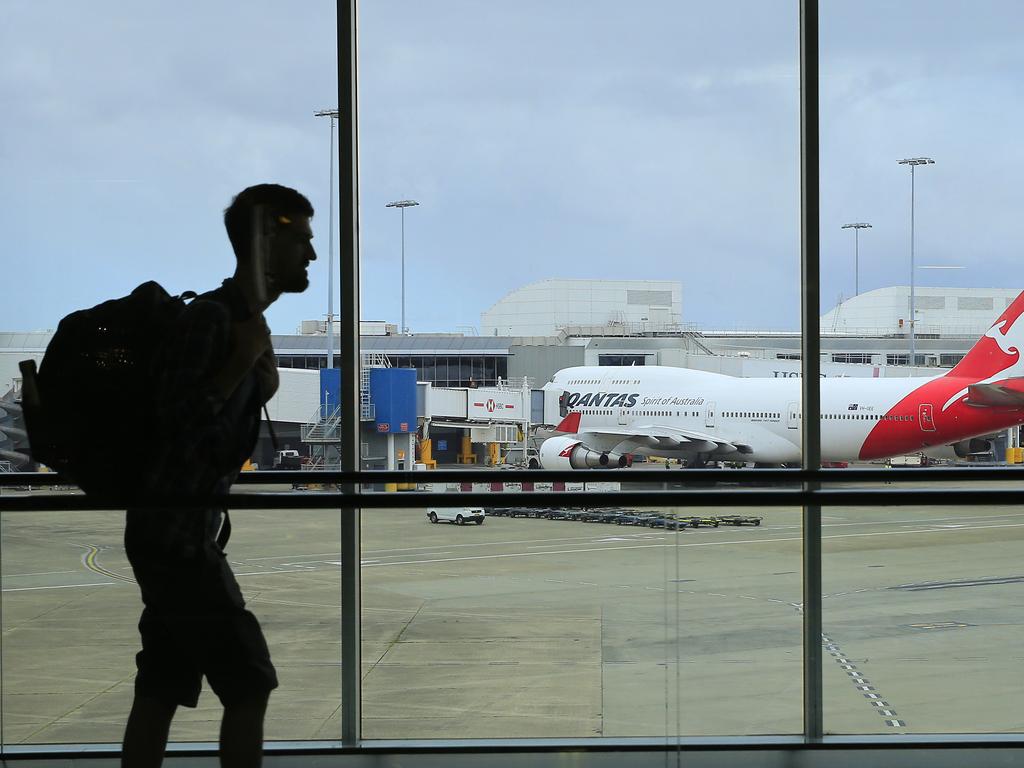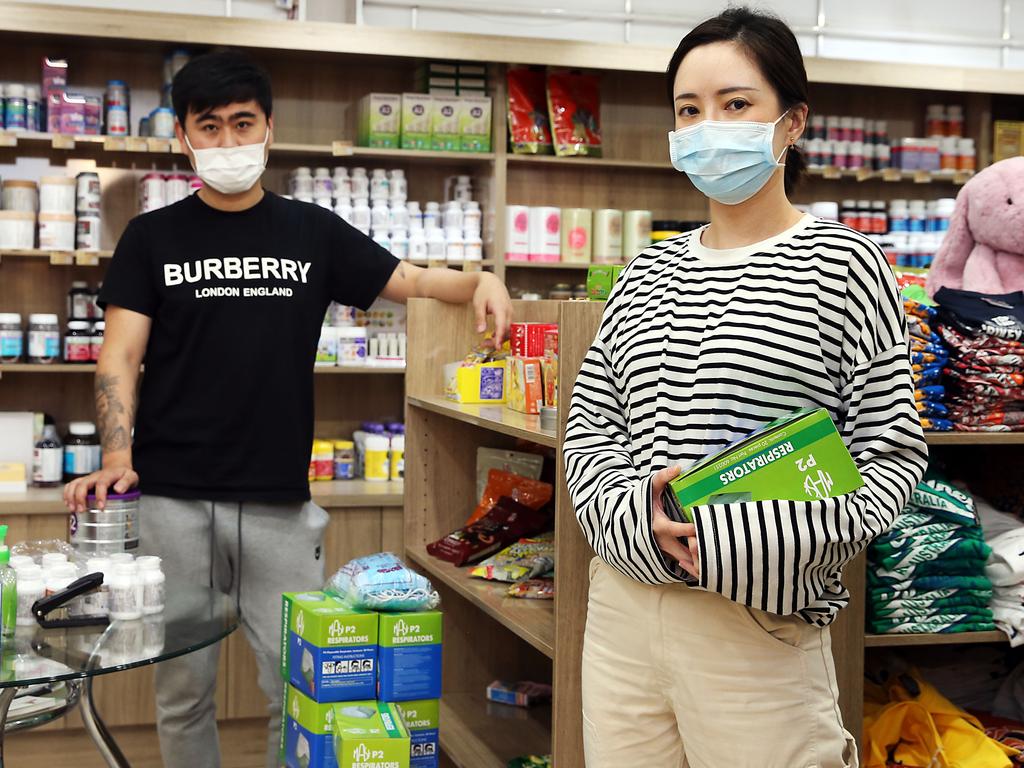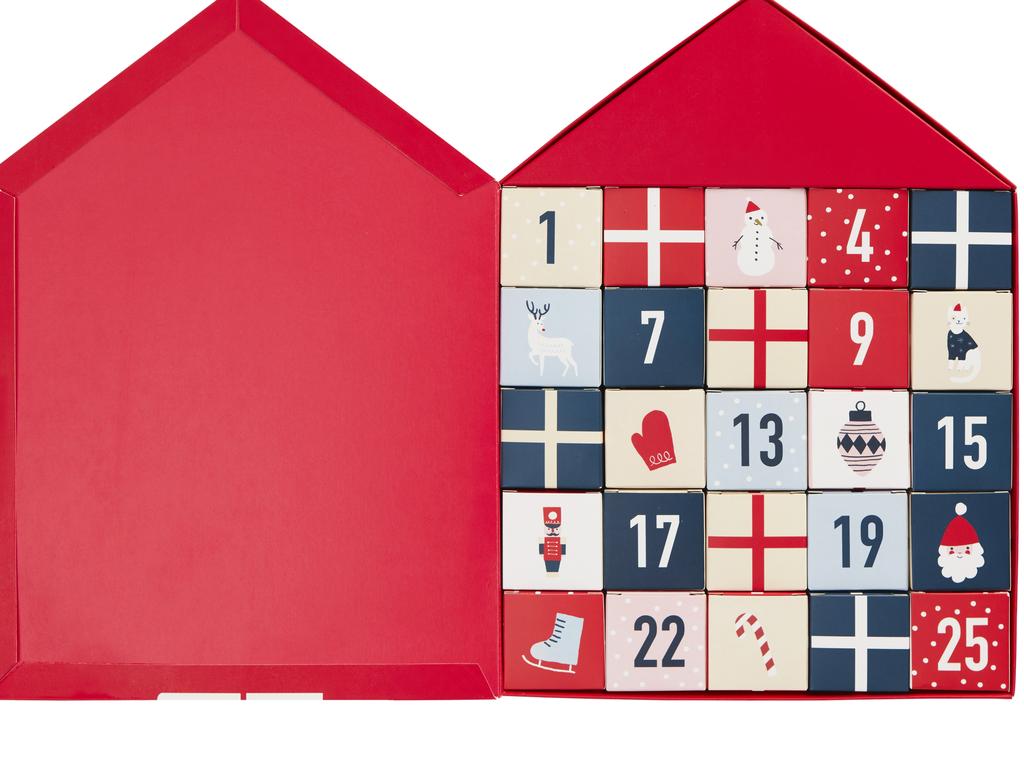Hardline advice to bosses over coronavirus: don’t pay workers until sick
Employers have been told they do not have to provide paid leave to permanent workers forced into isolation if they are not yet sick.
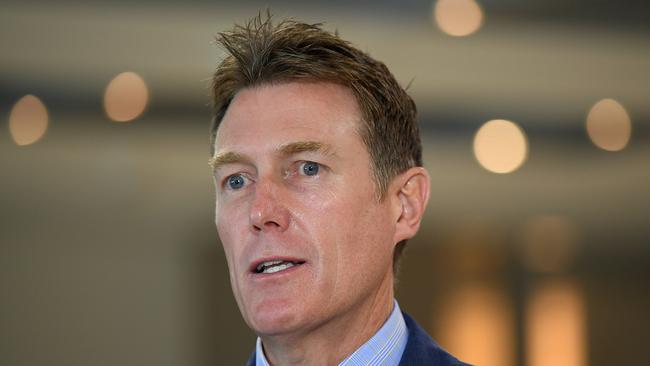
Employers have been told they do not have to provide paid leave to permanent workers forced into isolation after being in China or in contact with a person with coronavirus if the employees are “not yet sick themselves”.
The hardline legal advice sent to thousands of companies on Tuesday came as Singapore Airlines sought the power to stand down quarantined workers without pay and large companies such as Qantas and Flight Centre asked staff to take unpaid leave to cope with the downturn.
The advice on leave is at odds with Scott Morrison’s plea for business “patriotism” on Tuesday, when he urged employers to protect workers, including by offering paid leave to casual workers.
“Hold on to your people, you will need them on the other side,” the Prime Minister said at a Sydney business forum.
“Where possible, support them — whether full-time, part-time or casual — including with paid leave if they need to take time off due to the virus.”
Business NSW sent legal advice to members on Tuesday stating that personal or carers leave was not available for full-time or part-time workers who required isolation but were not yet diagnosed.
The advice by the employer chamber’s legal arm, Australian Business Lawyers and Advisors, says workers are entitled to paid leave only if they contract coronavirus or need to care for immediate family or household members with coronavirus.
“However, personal/carers leave is not available where an employee has come into contact with a person who has coronavirus or where an employee returns from travel to a high-risk area as outlined above, but is not yet sick themselves,” the advice, seen by The Australian, says.
“This is because to qualify for personal leave, an employee must be ‘not fit for work’ because of an illness or injury affecting them.
“It is unlikely that this prerequisite will be met by persons who are not yet diagnosed as ill but merely require isolation.”
In a note accompanying the legal advice, Business NSW tells members that they should consider allowing an undiagnosed isolated employee to work from home or, where that option was unavailable, provide them with paid leave so they did not suffer a loss of pay.
“As an employer, it is worthwhile considering whether (these) discretionary options … can be accommodated,” the chamber says. “Employers will need to balance the short-term cost associated with these measures against the longer-term benefits that arise both for the employment relationship and the national interest.”
The advice says “there is a reasonable basis” for an employer to tell an employee to stay away from work on unpaid leave if the worker might have had levels of contact with persons exposed to coronavirus. “Casual employees are not entitled to sick leave,’’ it says. “This means that a casual employee who is diagnosed with coronavirus may be required to refrain from presenting to work without additional payments.
“Furthermore, where shifts to casual employees are reduced either on account of business downturn or because the employee has been required to isolate (due to contact or recent travel), the employees will not be entitled to payment during this period.”
With unions pushing for impacted casual workers to be given paid leave, Industrial Relations Minister Christian Porter was questioned about it being harder for affected casual workers to take time off because they did not have access to leave entitlements.
“Many people would have already made provisions for that because of course the purpose of casual employment is that you’re paid extra in lieu of those types of entitlements,” he told the ABC.
“If it is the case that large numbers of people in particular industry sectors, by virtue of the casual nature of their employment, are having those types of problems and that’s something that we’re aware of could happen, that’s something that can be responded to likely through the welfare system, but there might be other options.”
ACTU secretary Sally McManus said “the most important thing for public health for absolutely everyone is that all workers know that if they need to self-isolate, it’s not going to be at a financial penalty to them”.
Australian Chamber of Commerce and Industry chief executive James Pearson said the ACTU was “on the wrong track by focusing unduly on casuals or assuming employers can pay more”. “Small businesses with no money coming in the door … simply cannot afford to further subsidise casuals.’’


